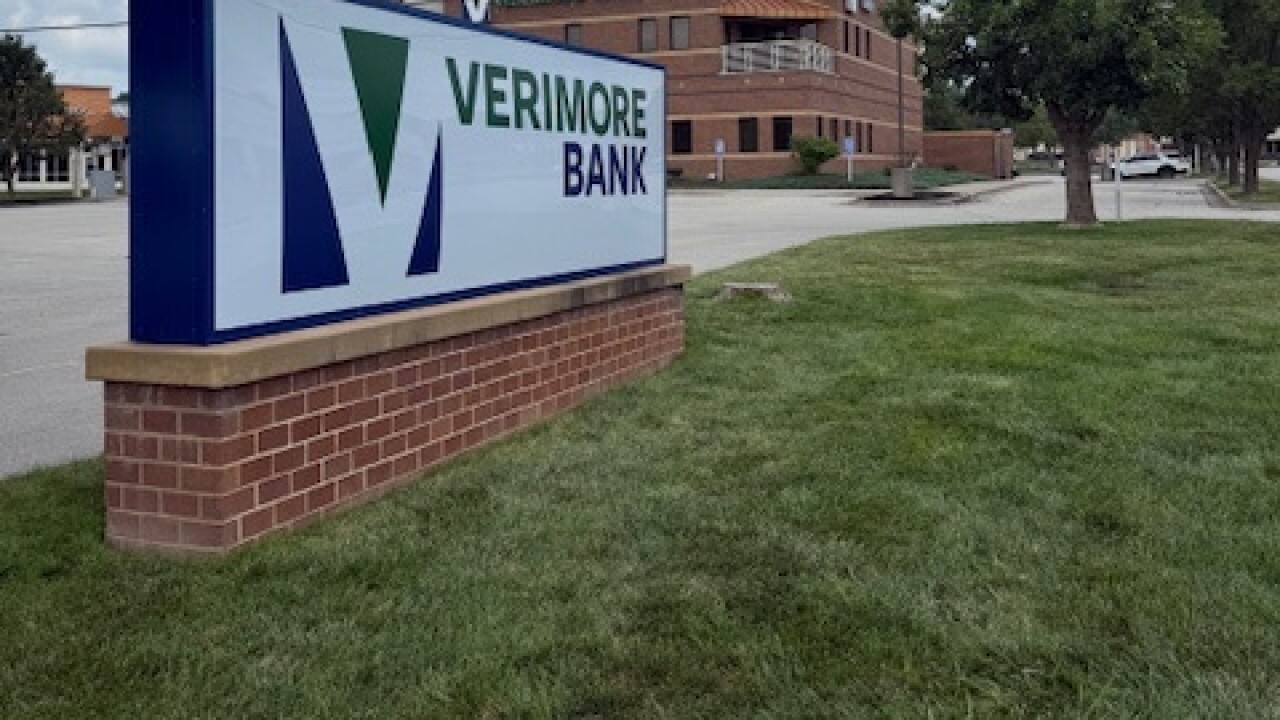-
The House passed several derivatives bills that would roll back or modify provisions of the Dodd-Frank reform law, despite opposition by the White House and Democrats.
June 12 -
Editor-at-Large Barbara A. Rehm has argued for months that Dodd-Frank implementation should be sped up so banks can know the rules they face. A slew of sources disagree heres why.
October 1
Recent announcements from the Commodity Futures Trading Commission confirm the hurried, almost frenzied implementation of the new electronic swaps market, an integral part of banks' asset/liability and risk management programs.
With the CFTC on hiatus during the government shutdown, market participants have a window to consider the serious damage that might be done to a market that has become an integral part of banking.
Last month the agency published a "
This is a version of the equity market's "unlisted trading privileges" rule, where a listing exchange like the NYSE places a security on its market and all other markets (there are now about 50 such trading venues) are allowed to trade it on their own platforms. That rule has had the unintended consequences of fragmentation of liquidity and low-latency arbitrage, which permits high-frequency traders to profit at the expense of mom-and-pop investors.
The system to electronically trade and clear swaps, as it has been conceptualized by the CFTC (albeit in consultation with market participants, and of late in forced cooperation with other sovereign regulators), is an attempt to bridge the mechanisms of interoperability of the equity markets with the vertically integrated structure of the listed futures markets. It is being developed in typical regulator fashion: Study the issues presented; publish preliminary rules; get industry comments; make final rules; then issue orders of exemptive relief and no-action letters. .On the last of these, the number of "no action to be taken" orders issued at such a late date is a distressing sign that the rules are unclear and incomplete. Not a way to design the next great marketplace, especially one that aspires to be a globally integrated, real-time electronic marketplace where straight-through processing is the order of the day.
The equity markets have traditionally been where multiple-clients trade anonymously with one another through multiple electronic trading venues. Significant infrastructure workarounds and reconciliation mechanisms had to be retrofitted over time to make it all work. These included: major financial market utilities for clearing and settlement; payment and netting systems; and specialized matching facilities like Omgeo and LinkedUp Markets.
These workarounds were developed at significant cost while the industry is still left with significant risk. The mantra throughout was straight-through-processing, a nirvana of seamless automation: financial transactions untouched by human hands. The technology of today is making this STP world possible, and the regulators are setting this as an objective for the swaps market.
If we are ever to have a chance of getting swaps order placement, trading, clearing, settlement and payment systems right, to trade in a seamless real-time, fair-to-all electronic process as the CFTC wants, we should pause and think before we get pushed into another convoluted make-do, do-our-best-under-the circumstances marketplace.
We should also take note of the absence of any integrated global electronic market, which we are attempting to create for the first time with swaps. What is different this time is that thoughtful application of existing technology will make this possible.
The current swaps infrastructure as it is evolving has serious flaws. Assembling an order and validating the customer's credit availability in the form of an assigned credit limit is replete with problems, from unique customer identification not yet finalized, to unresolved approaches to organizing credit checks. Here multiple accounts may be held through multiple clearing firms while transacting business on foreign SEFs under different standards of conduct and differing credit checking regimes. While counterparty identification and credit checking is being worked on, incomplete solutions implemented too soon will only lead to later workarounds, inefficiencies, more costs and greater risk.
We have yet to deal with different order-matching algorithms at different SEFs, a competitive issue that may lead to a race to the bottom for offering trading advantage as a tradeoff to managing risk and cost. Orders resting in multiple order books that, if executed, would trade through the counterparty's credit limit have to be addressed. The problem is compounded when there are resting orders of a single counterparty in multiple books, given multiple limits by multiple clearing firms, under multiple sovereign regulatory regimes.
The clearing process has yet to deal with a myriad of issues, from what can be thought of as
The issues of substitute collateral and substitute regulation likewise have not been settled in the detail necessary to make technology and operational processes work efficiently, if at all.
The good news is that all these issues have been dealt with before, in many cases in novel ways, in some cases in other industries. There certainly is no limit now on what technology can allow us to do if only we pause and build the system the way engineers would do not the way regulators, with our acquiescence, are pushing us to do.
Allan D. Grody is the president of Financial InterGroup, an advisory firm.





